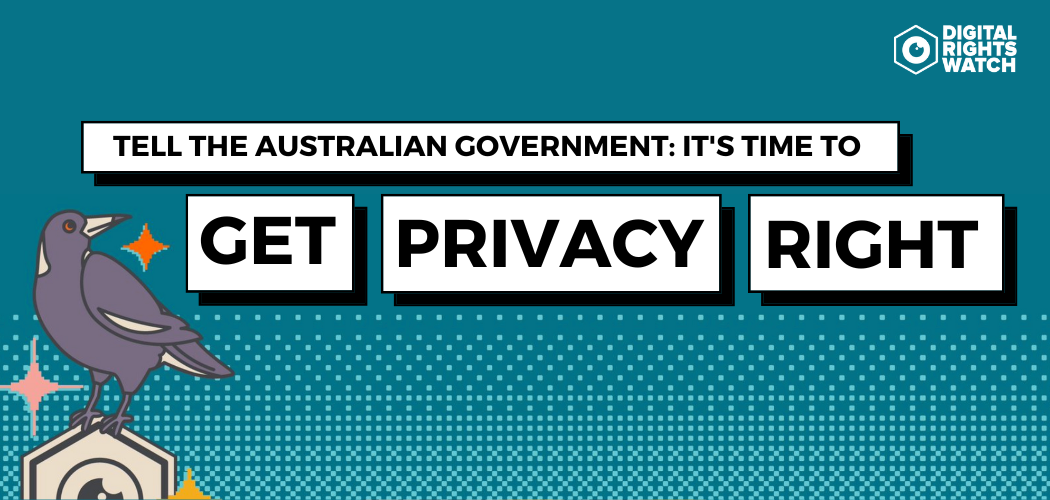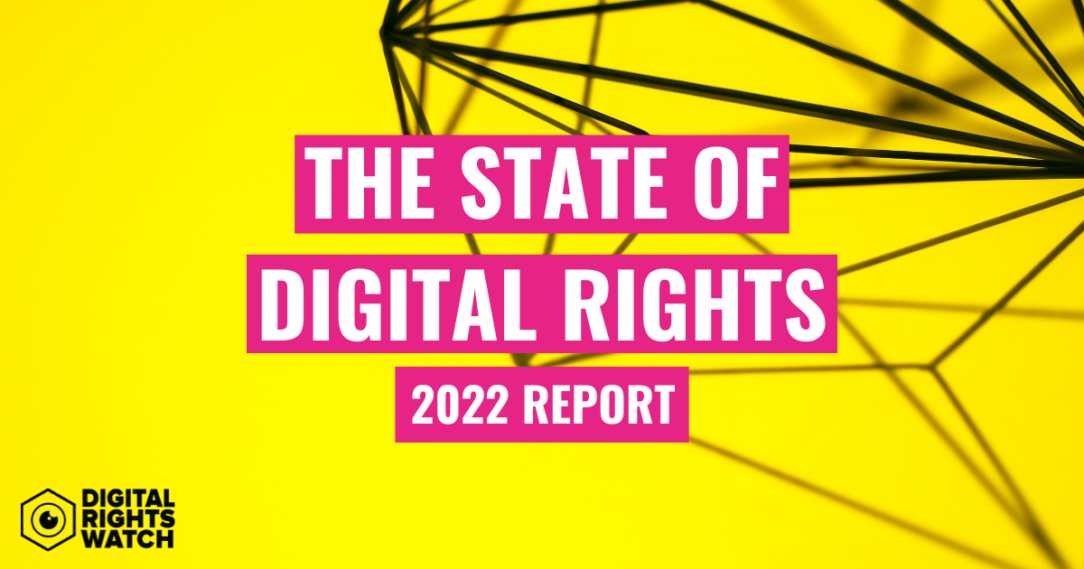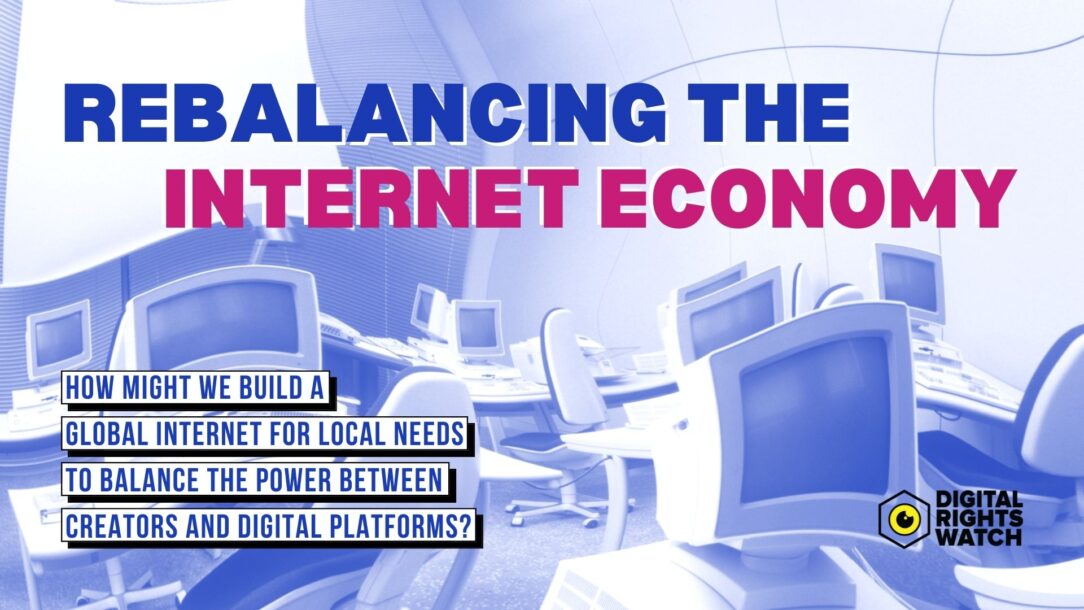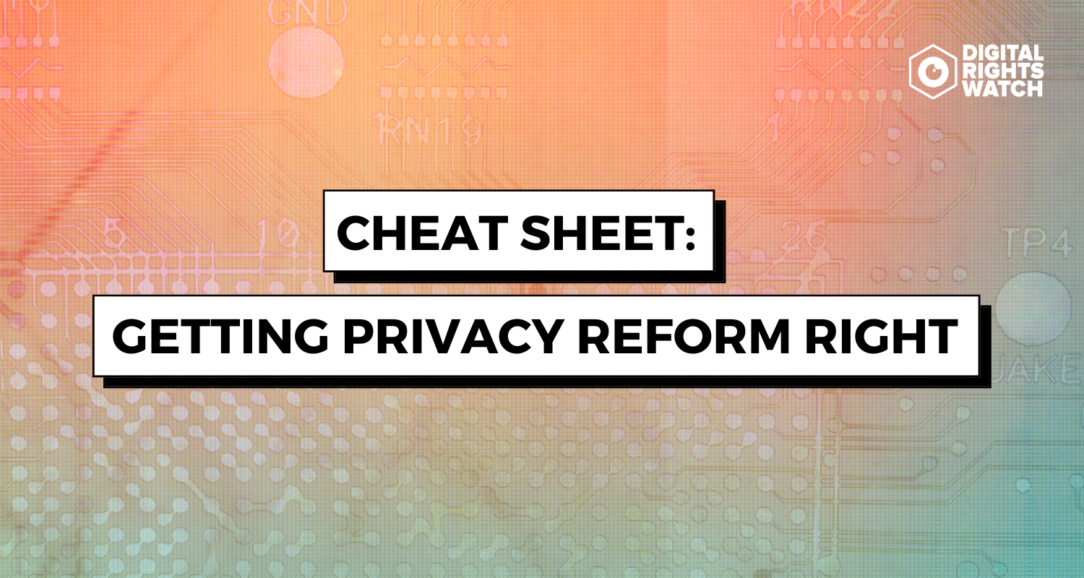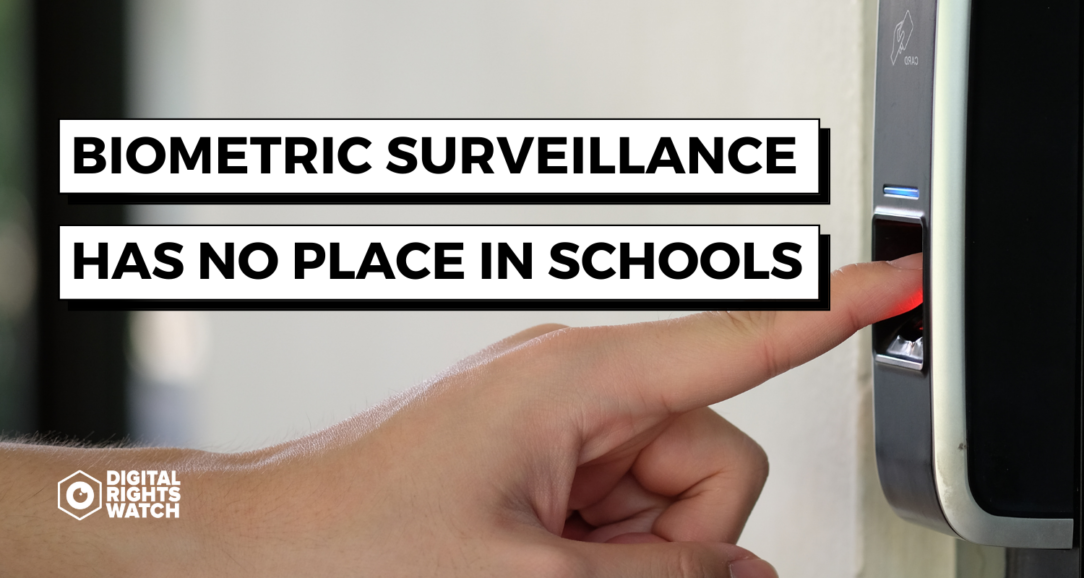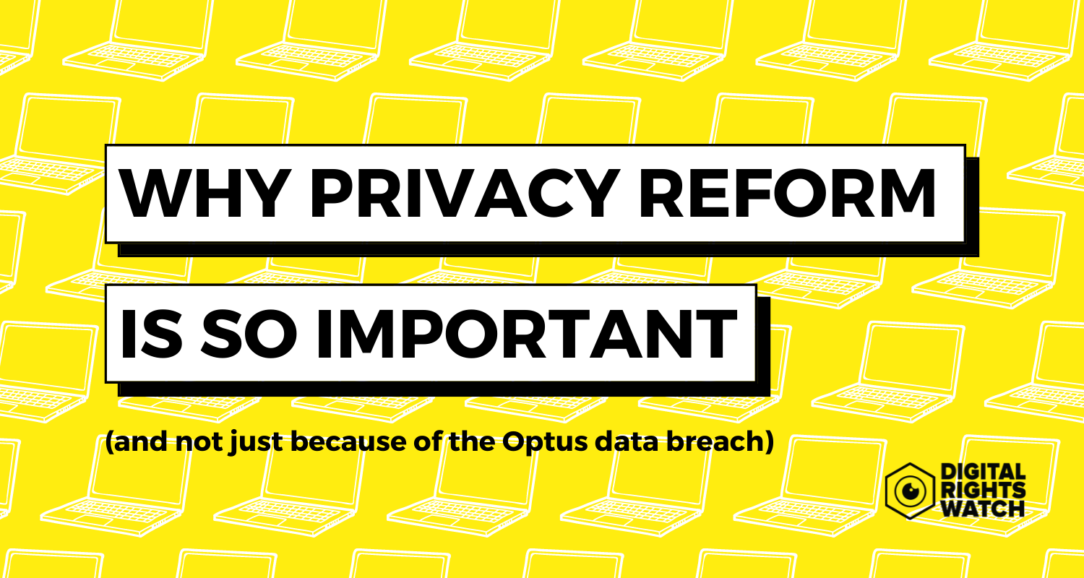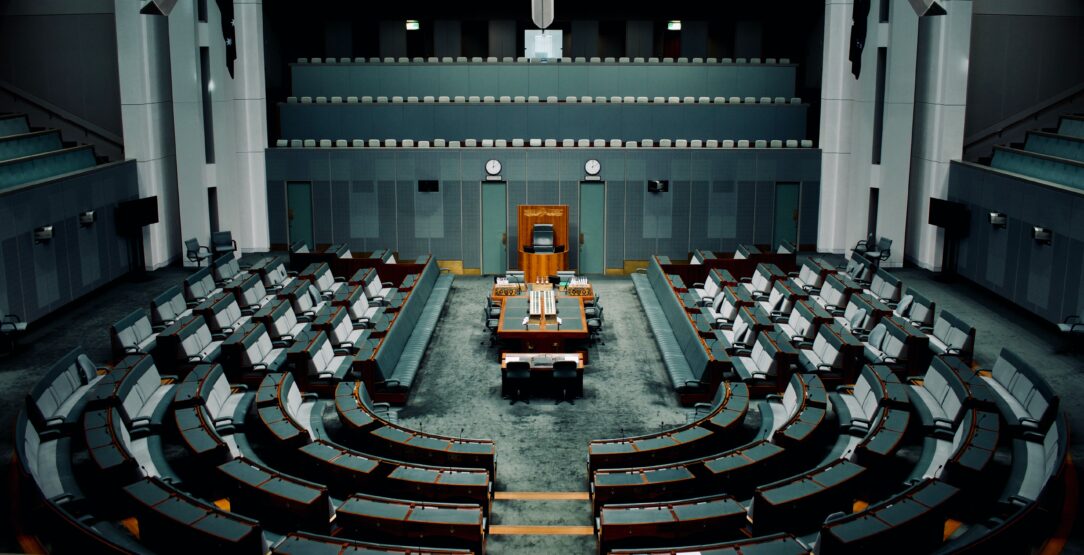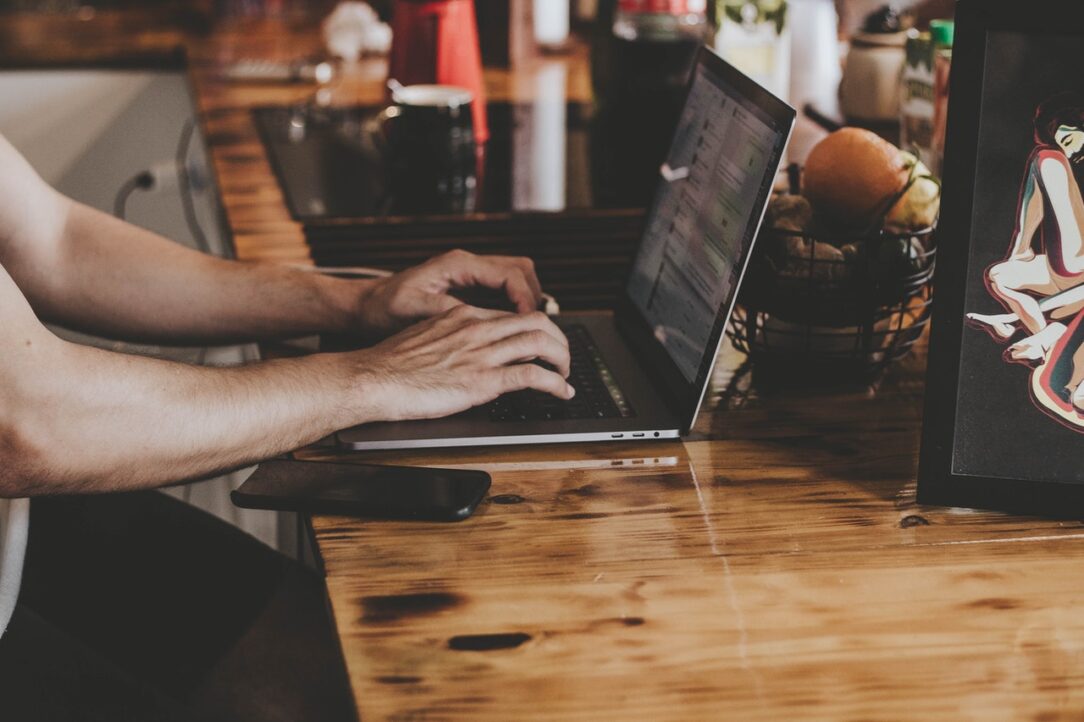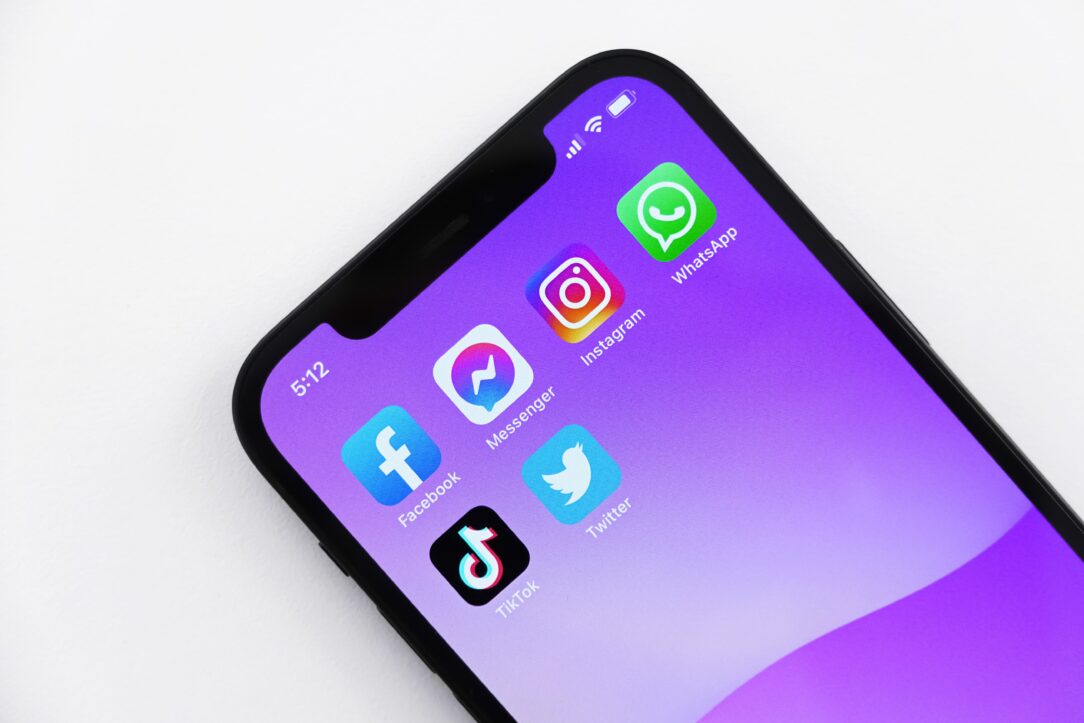Our right to privacy is essential to uphold our democracy, rein in corporate power, and for a safe and fair digital future. It’s time to get privacy right. Privacy is …
Letter to Victorian Parliament: privacy concerns regarding health information sharing system
In February 2023 the Health Legislation Amendment (Information Sharing) Bill 2023 was introduced to the Victorian parliament after the original version proposed in 2021 lapsed. The proposed system is similar …
Media Release: Privacy Review Report
After over two years of consultation and review of the Privacy Act, today the Attorney General’s Department has released the final report and over 100 recommendations for reform. As digital …
Submission: Inquiry into law enforcement capabilities in relation to child exploitation
In August 2022 the Joint Committee on Law Enforcement initiated an inquiry examining law enforcement capabilities in relation to child exploitation. Digital Rights Watch made a submission to the inquiry …
Submission: residential tenancy reform in South Australia
South Australia’s Residential Tenancies Act 1995 is currently going through a reform process. The review covers a wide range of aspects, including issues related to renters’ digital rights and privacy. …
Submission: Privacy Legislation Amendment (Enforcement and Other Measures) Bill 2022
In response to the Optus data breach, the Attorney General introduced a bill to parliament to make changes to the Privacy Act. For more detail about the proposed changes in …
Media Release: New report shows how big-tech is undermining local creative and media industries
The growing power of big tech platforms in the internet economy is hurting local industries and harming communities according to a new report from Digital Rights Watch.
Tougher penalties in the Privacy Act are a good start, but not enough
In response to the Optus data breach, the Australian government has introduced a new bill to make changes to the Privacy Act. So what’s in the Bill? And are the …
Cheat sheet: getting privacy reform right
The Optus and Medibank breaches have demonstrated an urgent need for reform to the Privacy Act, but we need to make sure the changes are meaningful and address long-standing issues …
Campaign win: NSW School asked to halt kids’ fingerprint scanning
In early September it was reported that a high school in Sydney was scanning kids’ fingerprints to access the bathroom. In response, Digital Rights Watch raised the alarm in the …
Privacy reform is important
Digital Rights Watch is an Australian organisation that advocates for privacy, democracy, fairness and freedom in a digital age. We take a human rights approach to digital policy. One of …
Submission: Online Safety draft Industry Codes
In 2021 the Australian government passed the Online Safety Act. This law seeks to regulate a broad range of material and behaviour online, from online bullying and harassment and the …
Submission: Inquiry into the 2022 Federal Election
The Joint Standing Committee on Electoral Matters is conducting an inquiry into the conduct of the 2022 Federal Election. Digital Rights Watch made a submission focusing on the role that …
Optus data breach shows need for stronger privacy laws
Last week Optus announced what may be the largest data breach in Australian history, potentially exposing the personal information of almost 10 million people. Current and former Optus customers are …
Submission: Review of Model Defamation Provisions
Responsibility for defamation law sits with individual states and territories, however, the Model Defamation Provisions (MDPs) inform how the state-based legislation is enacted. The original MDPs were endorsed in 2005, …
Submission: ACCC issues paper – competition and consumer concerns with social media
As part of the Australian Competition and Consumer Commission’s (ACCC) ongoing Digital Platform Services Inquiry (2020-2025), the ACCC is considering the potential competition and consumer issues with social media services …
Privacy and data security concerns regarding the use of biometric surveillance technology on children at NSW high school
On September 6 it was reported that a high school in New South Wales is requiring students to scan their fingerprints to access the school bathroom. It is our view …
Media Release: Amazon’s acquisition of Roomba raises privacy concerns
Privacy protections are a vital line of defence against expanding corporate power.
Media Release: Australian digital rights and security experts raise alarmed over draconian bail conditions imposed on protesters.
NSW Police have imposed bail conditions on at least one Blockade Australia activist that would prohibit the use of encrypted communication apps such as WhatsApp and Signal. NSW police also imposed conditions forcing the activists to hand over any communications device to police and provide passcodes upon request.

